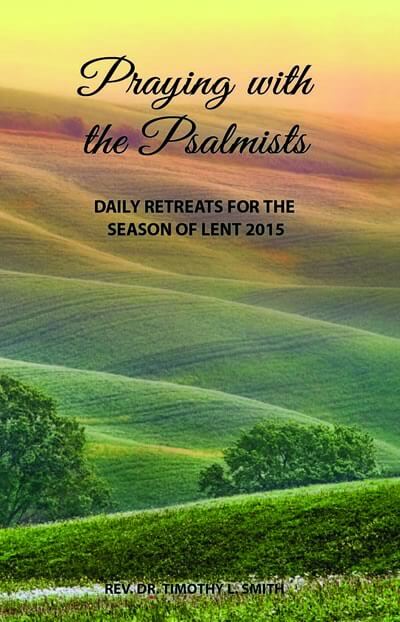 The Rejected Cornerstone
The Rejected Cornerstone
I will give you thanks, for you answered me;
you have become my salvation.
The stone the builders rejected
has become the cornerstone;
the LORD has done this,
and it is marvelous in our eyes.
The LORD has done it this very day;
let us rejoice today and be glad.
LORD, save us!
LORD, grant us success!
Psalm 118:21-25
Anyone who has ever experienced rejection can find great meaning and encouragement in today’s text. Like most psalm texts this one is to be read on three levels in its application: to the psalmist’s life, to the life of Messiah Jesus, and then to our lives. I like to think of the psalms as a three-layer chocolate cake. The first layer is the life situation of the psalmist; the second layer is the life situation of Jesus; and the third is the life situation of each one of us. The Holy Spirit speaks these words to all three situations.
The New Testament quotes this psalm text more than any other. Jesus frequently applied this text to Himself (Matthew 21:42; Mark 12:10-11; Luke 20:17), as did His apostles after His resurrection (Acts 4:11; Ephesians 2:20; I Peter 2:6-8). It helped the first Christians to understand Jesus’ moving from rejection to exaltation, and to know that His exaltation meant their own.
The setting for this psalm is the psalmist having been delivered by God from some deadly threat. God has granted him new opportunity to live (vv. 5-18). He wants to offer up a thank offering to God for answering His prayer and becoming his “salvation”. Standing before fellow worshippers in the temple courtyards, he tells a story of God’s miraculous deliverance. He compares himself to a stone that builders (i.e. his adversaries) had rejected. This was common imagery in the psalmist’s world where builders would sometimes reject a stone that did not fit in the construction of a building. Similarly, the psalmist felt discarded and rejected, but God intervened and restored him to usefulness by giving him prominence in God’s work. God graciously made the psalmist the “cornerstone”, the very stone that holds everything together. All other stones would now be laid and aligned with the stone that had once been rejected.
Over time the ancient Hebrews read this psalm in the light of the deliverance of their oppressed ancestors from Egypt, the return of the despairing exiles from Babylon, and the lives of ordinary people whom God had delivered from trouble. God has acted: “The LORD has done this, and it is marvelous in our eyes.” This is a day for rejoicing!
This psalm was made a part of the Hallel collection (Psalms 113-118) which Jews sang before and after the Passover meal. Today’s text was the last song after Passover; it would have been the very song that Jesus sang with His disciples before going out to the Garden of Gethsemane (Matthew 26:30). What encouragement these words would have been to Jesus, assuring Him that after His rejection and death God would deliver Him! On the day of Pentecost a newly emboldened Peter stood before the crowd and declared: “Jesus is ‘the stone you builders rejected, which has become the cornerstone.’ Salvation is found in no one else” (Acts 4:11-12).
Martin Luther loved all of the psalms but declared this psalm his favorite:
This is my psalm, my chosen psalm. I love them all; I love all holy Scripture, which is my consolation and my life. But this psalm is nearest my heart, and I have a peculiar right to call it mine….It is my friend; dearer to me than all the honors and powers of the earth. (Cited by Charles Spurgeon, The Treasury of David)
This psalm can be the friend and chosen psalm of any who read and reflect on it. We can cry out with the psalmist, with the Lord Jesus, and with all of God’s people: “LORD, save us!” Hebrew: “Hosanna!”
READ REFLECT RESPOND REST
RECORD (optional)


 The Rejected Cornerstone
The Rejected Cornerstone
